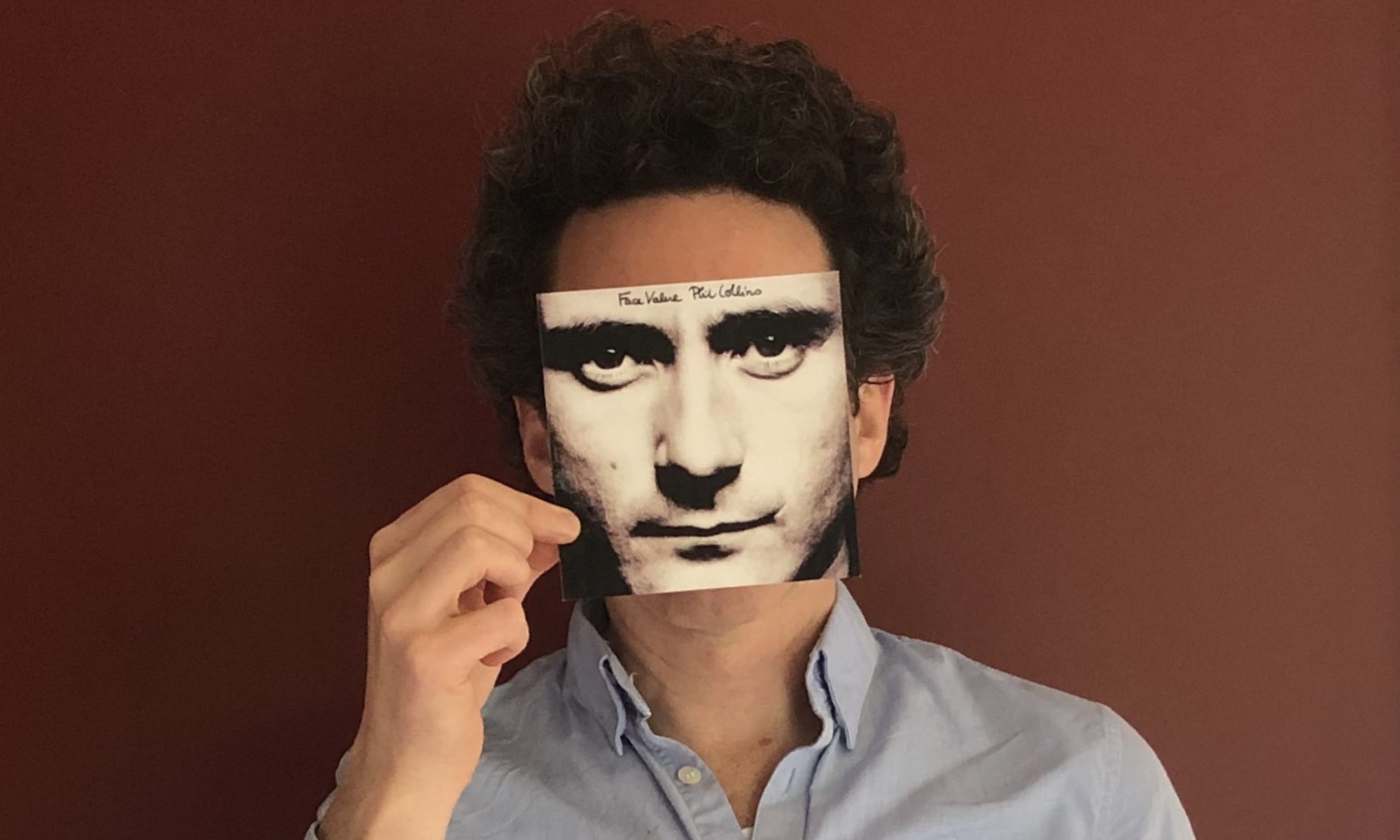Geoffrey Parsons. Tall, enthusiastic young man with a temper to behold. Overly aggressive fast bowler in the annual staff vs boys cricket match. The antithesis of Wing Commander Tyrell, a ruddy-cheeked, rotund, literally old-school, World War 2 veteran. Generous supporter of school cricket. A five-wicket haul or fifty runs in a school match earned you 50 pence.
Both geography teachers. The WingCo was Canada’s major exports and crop rotation. Mr Parsons, who succeeded the WingCo, was plate tectonics and glaciers.
Last month Satya Nadella, Microsoft’s CEO, released his book Hit Refresh which tells his and our story of rejuvenation at Microsoft. The analogy is a browser refresh which keeps what is good, current, and changes what is stale, out-of-date.
The arrival of Mr Parsons was the first #hitrefresh moment I remember, when the workings of the world lit me up and I started to get more out of school than just carrots and sticks. (Carrots and sticks were the fourth and ninth biggest exports from Canada in 1977.)
Mr Parsons led to climate change (the study of – he wasn’t the cause) and the wider canvas of geography – how innovation and immigration shaped our cities, how apartheid expressed injustice in the real world, how geographic isolation helped Darwin crack evolution, Leonardo Da Vinci and his influence on modern cartography, and so much more.
I’ve had a few more since then. The first time I was entrusted with a software product to define (it helped central banks manage their cash). The first startup I joined (an unbelievably capable team of consultants and industry experts changing the airline industry). The online mapping pioneer, Multimap, where I got to work and play geography.
This is another #hitrefresh moment. Ironically it means leaving Microsoft. My ten years at Microsoft have been genuinely life-changing. The next thing involves a strong dose of geography, an invigorating amount of new, and an opportunity to focus deeply on many of the things I most like doing.
There’s also the motivation of a meaningful mission. Four school and college contemporaries – Marco Savini, Neil White, Tanzib Choudhury and Charlie Raper (the latter two fellow Oxford geographers), lost their lives in road traffic accidents. 1.3 million people worldwide lost their lives in road traffic accidents last year, more than 90% to human error – to distracted or drunk drivers, as drivers, passengers or pedestrians. There’s strong promise that autonomous driving and car- and ride-sharing could take vehicles and drivers off the roads, enabled by AI and geospatial technologies. So I’ll be working with established and emerging technology companies to help enable and accelerate those efforts.
In the words of Tom Petty: “Time to move on, time to get going … ‘cos under our feet, the grass is growing.” The grass growth, incidentally, is made possible by the nutrient-rich bedrock of the Puget Sound, our temperate climate in the rain shadow of the Olympic Peninsula, and urban planning which has prioritized green spaces in our built environment. Thank you, Mr Parsons.
